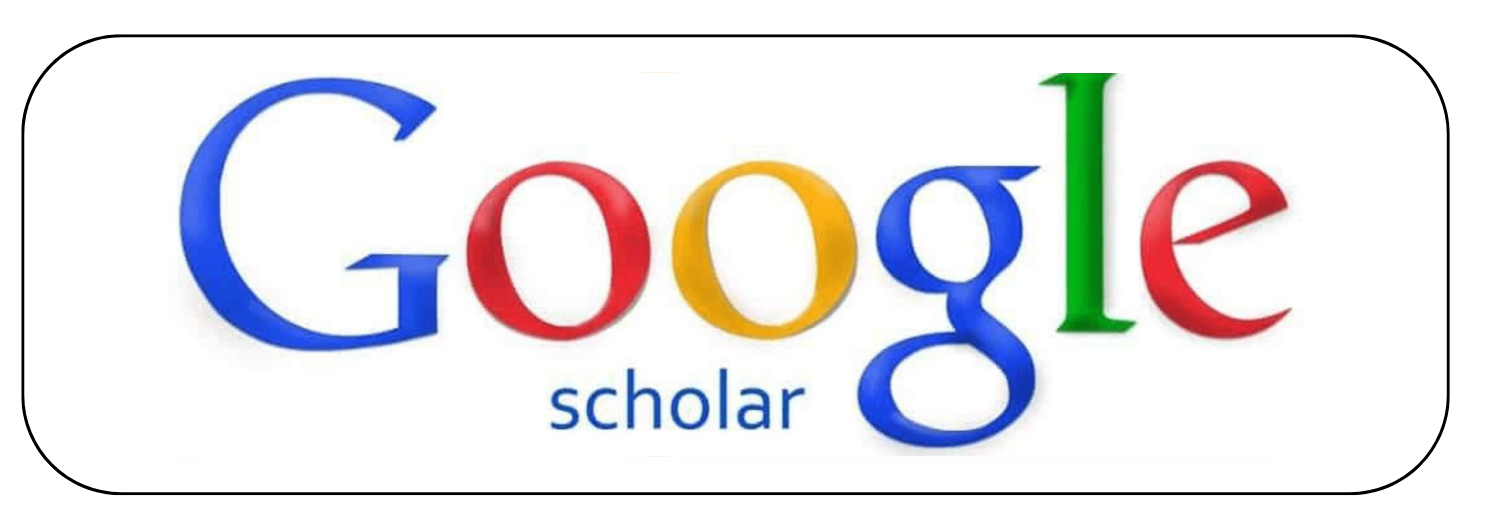The relationship between the impact of social media and students’ academic performance.
DOI:
https://doi.org/10.61688/ajpbs.v2i2.57Keywords:
Social media, student academic performance, timeAbstract
Social media usage such as TikTok, Instagram and Twitter has increased since it was introduced in early 2000. There are many pros and cons to social media. It makes social media study are fascinating. Many studies have been conducted to measure social media usage in society. One of the essential related studies is social media impact on education. It is a popular study among
researchers because of the negative impact caused by social media. Social media caused many students to become distracted from their studies. Educators also expressed concern that many students were failing to complete their assignments due to their excessive use of social media. Therefore, this study was carried out to identify the relationship between the impact of social media
and students’ academic performance. This study used an online survey to gather feedback from respondents via a Google Form questionnaire that was distributed via WhatsApp, Telegram, and Instagram. The study collected 333 responses from the study population. The respondents are millennials from Kolej Universiti Poly-Tech MARA, Kuala Lumpur, in their mid-teens and mid-twenties. The researchers carried out the descriptive and inferential analyses. SPSS was used to determine the reliability and validity of the collected data. The finding indicated that all the tested hypotheses are supported with moderate relationship strength. The study findings revealed that time
appropriateness, health addiction and distraction are related to students' academic performance.
Downloads
Published
How to Cite
Issue
Section
License
Copyright (c) 2021 Nur Nadia Roslynna Ahmad Nizam, Nur Faiza Mohd Azaman, Muhamad Shamsul Ibrahim

This work is licensed under a Creative Commons Attribution 4.0 International License.
Published by Universiti Poly-Tech Malaysia. This article is licensed under the Creative Commons Attribution (CC BY 4.0) license. Anyone may reproduce, distribute, translate, and create derivative works from this article (for both commercial and non-commercial purposes), provided full attribution is given to the original publication and authors. The complete terms of this license can be found at:http://creativecommons.org/licenses/by/4.0/legalcode













